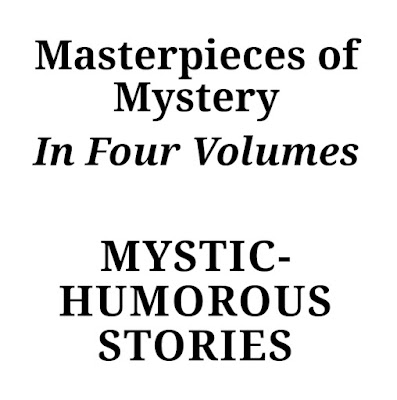Walden, and On The Duty Of Civil Disobedience
by Henry David Thoreau
Walden Pond (/ˈwɔːldən/; first published in 1854 as Walden Pond; or, Life in the Woods) is a book by American transcendentalist writer Henry David Thoreau. The text is a reflection upon simple living in natural surroundings. The work is part personal declaration of independence, social experiment, voyage of spiritual discovery, satire, and—to some degree—a manual for self-reliance. Wikipedia
About the Author
Henry David Thoreau (July 12, 1817 – May 6, 1862) was an American naturalist, essayist, poet, and philosopher. A leading transcendentalist, he is best known for his book Walden, a reflection upon simple living in natural surroundings, and his essay "Civil Disobedience" (originally published as "Resistance to Civil Government"), an argument for disobedience to an unjust state. Wikipedia
Also see:
The PDF might take a minute to load. Or, click to download PDF.
If your Web browser is not configured to display PDF files. No worries, just click here to download the PDF file.









.jpg)
